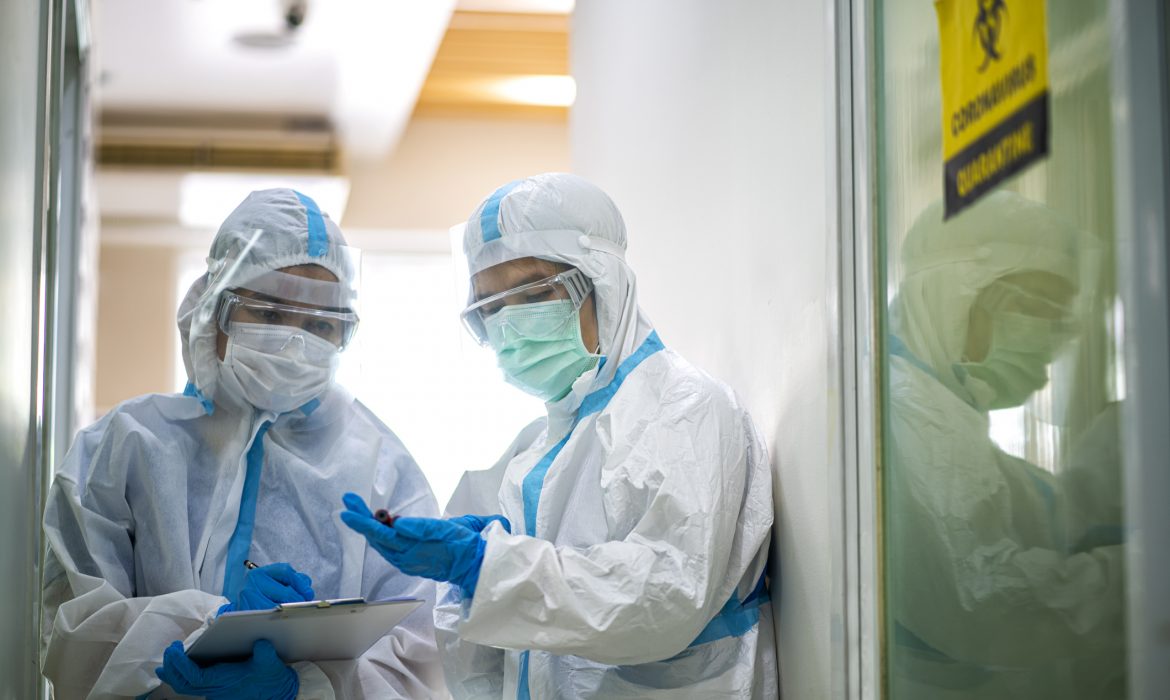Thailand is to ease its novel coronavirus procedures to allow more patients from abroad to get treatment from next month, a top health official said on Thursday, after appeals from hospitals eager to treat their overseas patients.
Thailand is a major hub for medical tourism, drawing patients from Asia, the Middle East and beyond. In 2019, it recorded 632,000 overseas patients who spent 122 billion baht ($3.9 billion), according to government data.
But restrictions to fight the coronavirus have seen most foreign patients, along with most foreigners in general, kept out since April.
While there is no formal ban on foreign patients – except on anyone seeking treatment for COVID-19 and ailments that would draw on resources to manage the outbreak – they need approval for travel, which can be slow and difficult to get.
Only 172 foreign patients have been allowed in since a first easing of requirements in July, senior health official Tares Krassanairawiwong told Reuters, adding that 740 people had made official requests for entry.
But now more health facilities would be allowed to accept foreigners again, and more are expected to come.
“In phase two, another 100 hospitals and clinics will be approved to receive patients, from 120 today,” Tares said.
But hospital operators say the process has been slow and they have hundreds of overseas patients needing their treatment, some urgently.
“Four of our patients have died because they couldn’t get in,” the chairman of hospital operator Thonburi Healthcare Group Pcl, Boon Vasin, told Reuters.
“It’s a humanitarian issue because some countries don’t have the capacity for advanced procedures,” he said, citing patients needing treatment for heart disease, diabetes and cancer.
Boon said approvals were inconsistent and he urged authorities to clarify and relax the process.
Thailand has had 3,404 confirmed coronavirus infections and 58 deaths and has gone more than three months without a case of domestic transmission.
Tares, who heads the Department of Health Services Support, said the procedures had to ensure safety but he expected the approval process to be faster.
He said he also expected people would be allowed to cross land borders from neighbouring Myanmar and Cambodia, major sources of patients.







